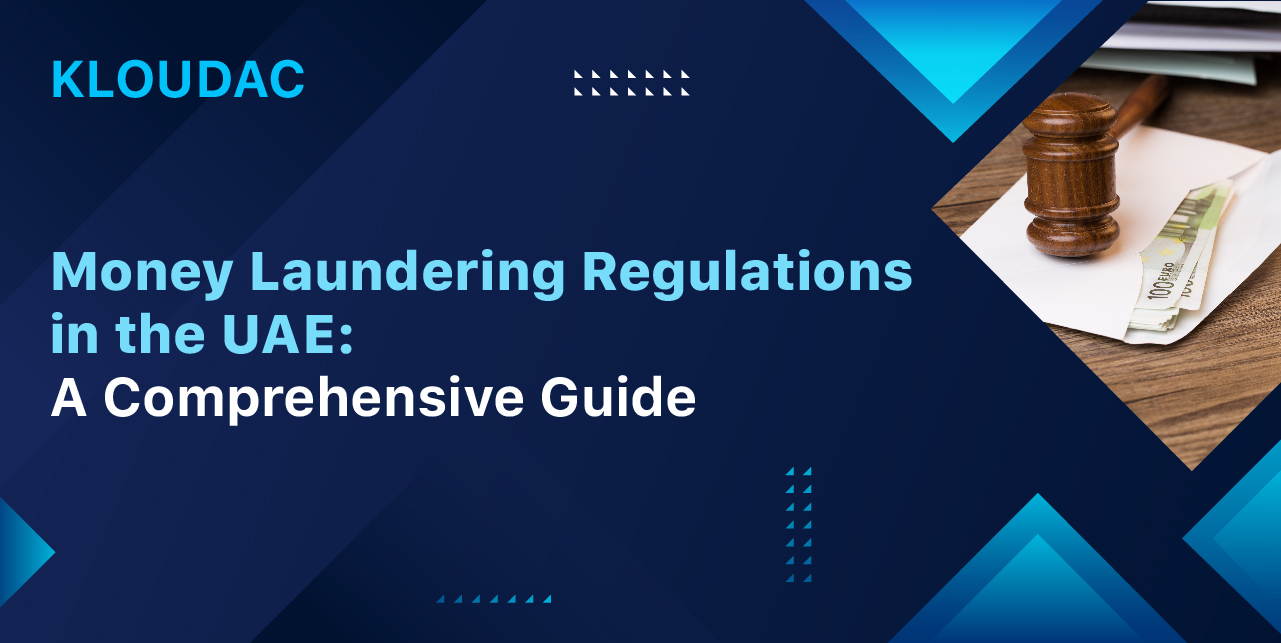Money laundering is a global issue that poses significant risks to the financial system’s integrity and security. In response to these concerns, governments worldwide have implemented stringent regulations to combat money laundering and terrorist financing. The United Arab Emirates (UAE), with its robust financial sector and international connections, is no exception. In this comprehensive guide, we will explore the latest money laundering regulations in the UAE in 2023 and their implications for businesses and individuals.
Understanding Money Laundering
Money laundering is the process of concealing the origins of illegally obtained money, typically by passing it through a complex sequence of banking transfers or commercial activities. The ultimate goal is to make illicit funds appear legitimate and untraceable.
Money laundering poses serious threats, including facilitating organized crime, terrorism financing, and undermining the stability of financial institutions. To combat these risks, the UAE has implemented a strict regulatory framework.
Money Laundering Regulations in the UAE
Anti-Money Laundering (AML) Law
The cornerstone of money laundering regulations in the UAE is the Federal Law No. 20 of 2018 on Anti-Money Laundering and Combating the Financing of Terrorism (AML Law). This law outlines the obligations and responsibilities of various entities in the UAE’s financial sector, including banks, financial institutions, exchange houses, and designated non-financial businesses and professions (DNFBPs).
Customer Due Diligence (CDD)
One of the key requirements under the AML Law is the implementation of robust Customer Due Diligence procedures. This involves verifying the identity of customers, understanding the nature of their business, and assessing the risk associated with each customer. Enhanced CDD measures are necessary for high-risk clients, such as politically exposed persons (PEPs) and clients from high-risk jurisdictions.
Suspicious Transaction Reporting
Financial institutions and DNFBPs are obligated to report any suspicious transactions or activities to the UAE’s Financial Intelligence Unit (FIU). The reporting threshold is intentionally low to ensure that any potentially illicit activity is promptly reported and investigated.
Record Keeping
Entities subject to the AML Law must maintain comprehensive records of customer transactions and due diligence measures for a minimum of five years. This information should be made available to regulators and law enforcement agencies upon request.
Training and Awareness
Employees of financial institutions and DNFBPs must undergo AML training to recognize and prevent money laundering activities effectively. This is crucial in ensuring compliance with the regulations.
Penalties
Non-compliance with money laundering regulations can result in severe penalties, including fines, imprisonment, or revocation of a business’s license.
Implications for Businesses and Individuals
For Businesses:
Compliance Obligations: Businesses, especially those in the financial sector, must invest in robust AML compliance programs to meet regulatory requirements.
Cost of Compliance: Meeting these regulations may require significant investments in technology, staff training, and compliance procedures.
Reputation Risk: Non-compliance can lead to reputational damage and loss of trust among customers and stakeholders.
For Individuals:
Enhanced Scrutiny: Customers may experience more rigorous onboarding processes, including additional identity verification measures.
Privacy Considerations: Financial institutions may request more information from customers, which can raise concerns about data privacy.
KLOUDAC Accounting Firm Dubai, UAE
Money laundering regulations in the UAE have evolved to address the ever-changing landscape of financial crime. Businesses and individuals must stay informed about these regulations to ensure compliance. While these regulations may increase the administrative burden on financial institutions and individuals, they are essential in safeguarding the UAE’s financial system and contributing to global efforts to combat money laundering and terrorist financing. Compliance is not just a legal requirement but a collective responsibility to maintain a secure and transparent financial environment in the UAE. With KLOUDAC you will feel free from these responsibilities and you will be able to focus more on your business growth.
